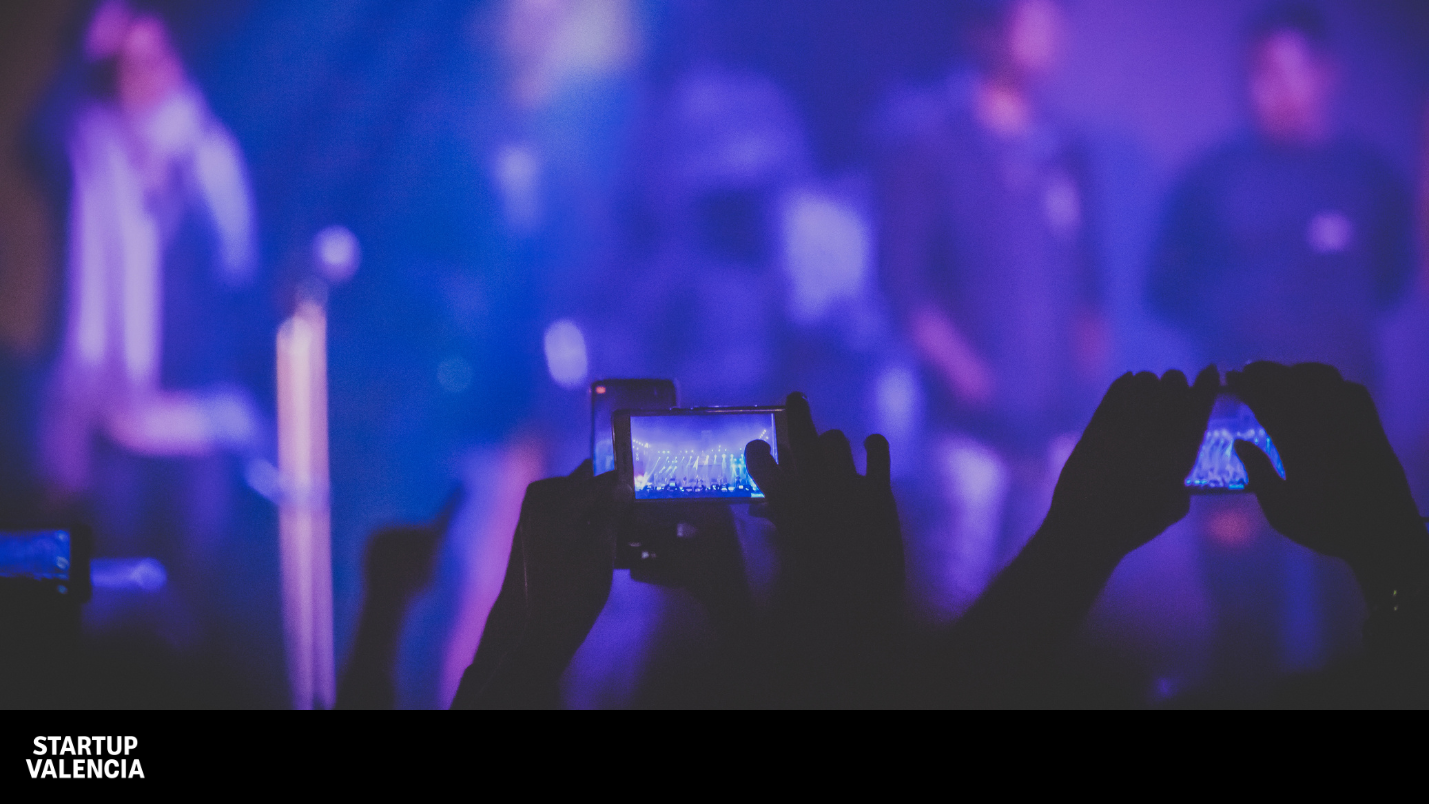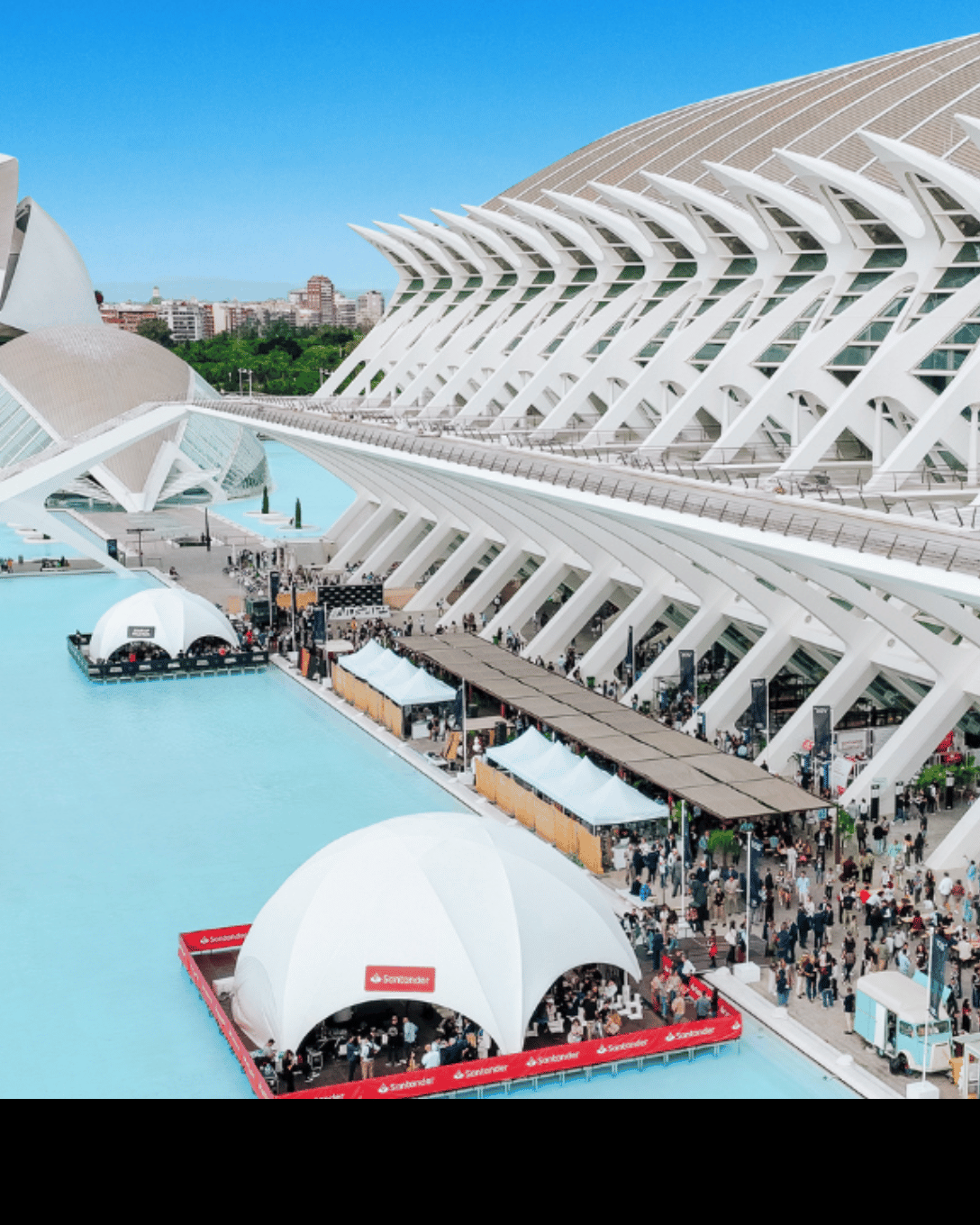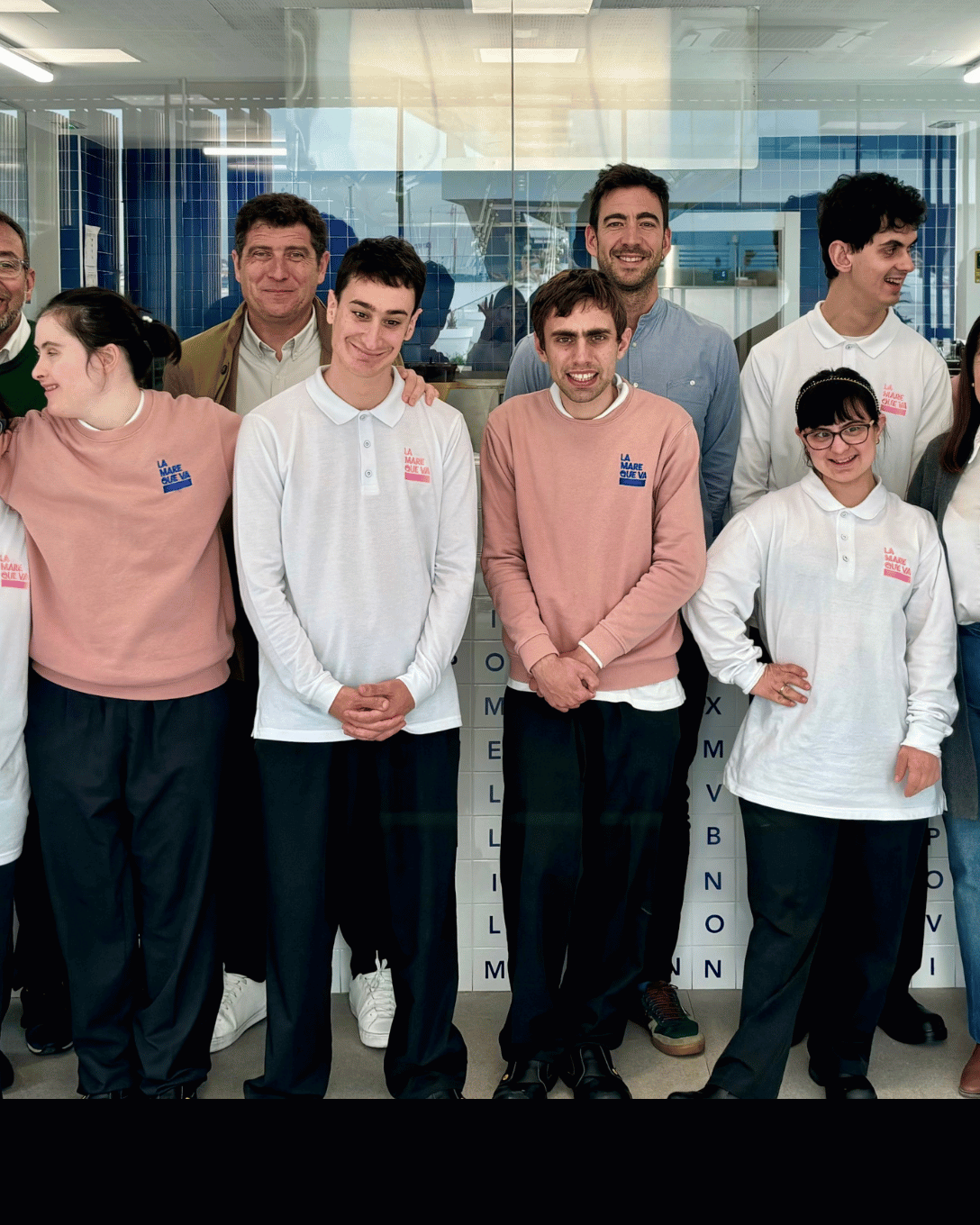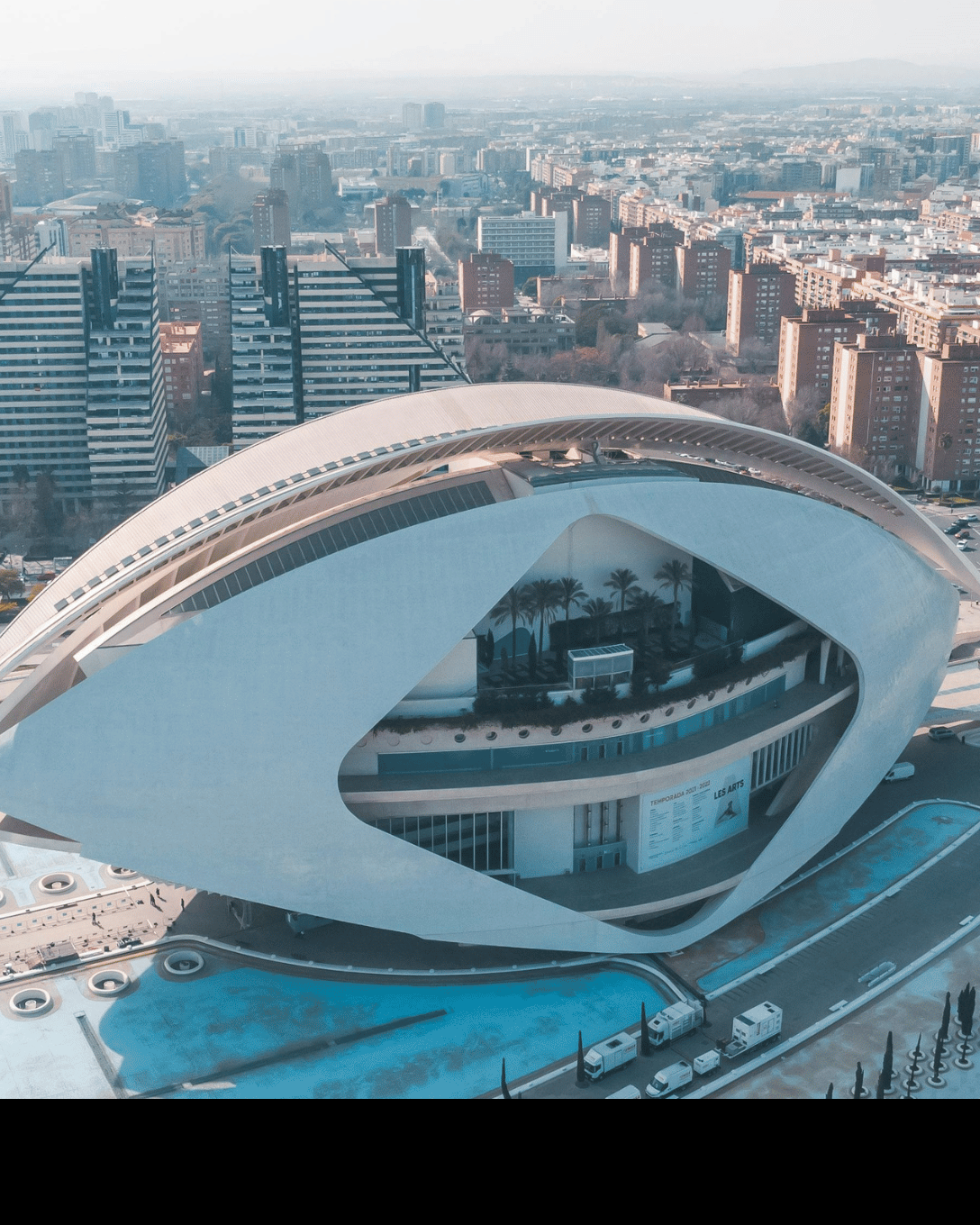Technology is transforming and revolutionising the way events and festivals are organised. As summer approaches, these gatherings are sprouting up all over the map, and in most of them, digitalisation has already become an integral reality. This feature, which emerged during and, more importantly, after the pandemic, is now widely adopted and entrenched in cultural, business, and music events.
According to startups operating in this sector, event organisers can provide new digital enhancements to users by leveraging modular tech solutions or by upgrading existing channels. These technologies encompass a diverse range of tools, all geared towards streamlining event organisation and enhancing the overall audience experience.
A great example of this is digital functionalities equalising the experience for both in-person and virtual attendees in the context of hybrid meetings. As Mentxu Sendino, CMO at Eventscase, points out: “With these applications, the organiser can eliminate the need for printing agendas or programmes and establish constant, real-time communication with all participants”.
The music tech sector has undeniably emerged as one of the most thriving and promising segments within the tech industry. Leading the way are entities such as Barcelona Music Tech Hub, a collaborator of Startup Valencia and Valencia Digital Summit, which actively promotes the music events sector.
Blockchain technology is also making significant inroads in this field. Oratrex, a notable startup in this domain, has seamlessly integrated blockchain into ticket sales systems, turning them into unique and unforgeable digital assets that guarantee authenticity to attendees. Simultaneously, it provides event promoters with comprehensive insights into the ticket market. “As there are no fake tickets, it speeds up the access queue and minimises the image problems associated with duplicate tickets,” emphasises Patricia Paños, CMO at Oratrex.
This technology not only reinforces event security, but also revolutionises the registration process by implementing robust measures to safeguard attendees’ data. Furthermore, it opens up opportunities to offer more personalised experiences. “If the aim of the event is to facilitate networking, the technology can automatically present users with intriguing profiles or provide them with search engines with smart filters,” mentions Sendino. After the event, when tickets are represented as non-fungible tokens (NFTs), they become collectible items, allowing “any promoter or sponsor who has participated in the event to offer exclusive promotions tailored to a precisely segmented audience,” Paños points out.



